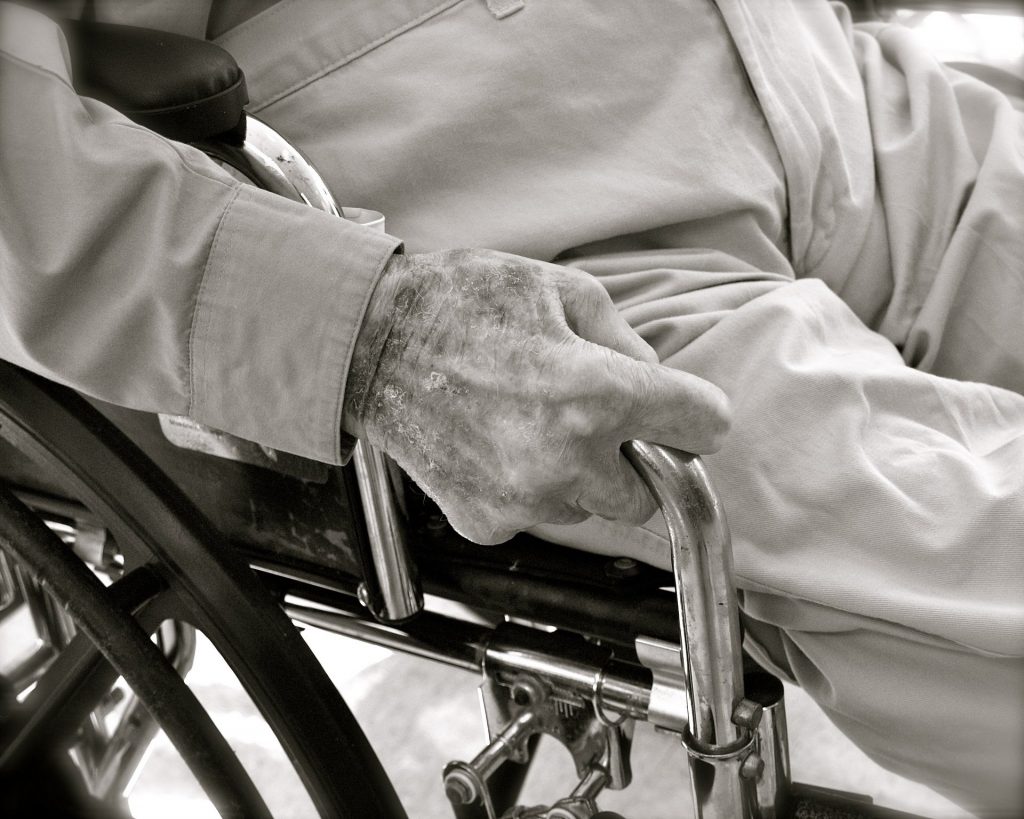West Midlands Ambulance Service has been passed over in favour of private company E-zec to deliver non-emergency patient transport in Worcestershire, putting 80 jobs at risk, in a contract the WMAS Trust has held for 30 years.
This decision, one of a long and inglorious line of decisions by CCGs across England to privatise PTS services, with frequently disastrous results, has raised suspicion that it is nothing to do with performance, and everything to do with cost.
WMAS was the first ambulance trust ever to receive an ‘outstanding’ rating from the CQC, and this has just been confirmed for another year. The problem was that this quality service is more expensive than a poorer service. WMAS non-emergency service operations delivery director Michelle Brotherton said:
“We acknowledge that our bid fell outside the financial envelope set by the Commissioners, but we are simply not prepared to put patient care at risk.”
Speaking to the BBC she added: “we know…. we would be unable to deliver a safe service and ensuring that we were meeting all of our performance targets within the financial cap that was put on the contract.”
E-zec has not confirmed if it will keep the patient transport service based at stations in Kidderminster, Bromsgrove and Worcester. UNISON’s regional organiser Chanel Willis said:
“We are all deeply shocked at the decision to award the contract to a private company. Many questions have yet to be answered – primarily where staff will be based. Staff have been in tears since the announcement and are devastated that the decision may affect patient care and their livelihoods.”
Justifying the decision, a spokesperson for Herefordshire and Worcestershire CCGs said:
“The procurement process was robust to ensure the new NEPTS provider is able to deliver against the contract’s quality and performance requirements. The process was weighted on patient quality and safety over financial considerations.”
As The Lowdown reported earlier, since June 1 E-zec has also been responsible for providing non-emergency patient transport in BaNES, Swindon and Wiltshire (a 10-year contract worth around £80m) with the CCG publicly giving the same assurances over a robust procurement process.
However, the response to a recent Freedom of Information request submitted to Swindon CCG by the Swindon branch of Keep Our NHS Public suggests the motivation for their decision making was primarily based on cost:
“CCGs undertook a robust and legally-compliant competitive tendering procurement process…E-zec was awarded the contract on the basis of having the most economically advantageous tender”
Last year, the Care Quality Commission criticised the E-zec service in Bristol saying there was no evidence staff references had been received or reviewed, staff were not trained to carry out driving duties safely, bosses were unable to say if mandatory training had been completed and key targets were not always achieved.
In Swindon the previous provider, Arriva were not retained due to poor performance so subsequent due diligence processes should have been especially rigorous.
However, even a cursory Google search of E-zec reveals an alarming number of what appear to be damning reviews from both staff and patients, some of which include allegations of unsafe driving poor cleanliness and a bullying culture amongst workers.
In reality it is therefore debatable just how rigorous the checking process was, or indeed how high the bar is set on previous performance.
A second FOI submitted by Swindon KONP in July asked for details of patient complaints since the beginning of the contract in June. The answer revealed transport had failed to turn up for an end of life patient, whilst another palliative patient was wrongly refused the service.
E-zec currently holds 11 NHS contracts with various clinical commissioning groups and NHS Trusts across the UK. In Suffolk the company had missed three of its four performance targets every month this year up to March (when the most recent data was released)
When accused of putting cost-saving before quality CCGs have said there is little option available to them when budgets are tight.
A Swindon KONP spokesperson summed up campaigners’ views, stating: “E-zec’s performance to date provides a perfect example of why inept profit-making companies should not be running NHS services, and CCGs should not be enabling them.”
Dear Reader,
If you like our content please support our campaigning journalism to protect health care for all.
Our goal is to inform people, hold our politicians to account and help to build change through evidence based ideas.
Everyone should have access to comprehensive healthcare, but our NHS needs support. You can help us to continue to counter bad policy, battle neglect of the NHS and correct dangerous mis-infomation.
Supporters of the NHS are crucial in sustaining our health service and with your help we will be able to engage more people in securing its future.
Please donate to help support our campaigning NHS research and journalism.


